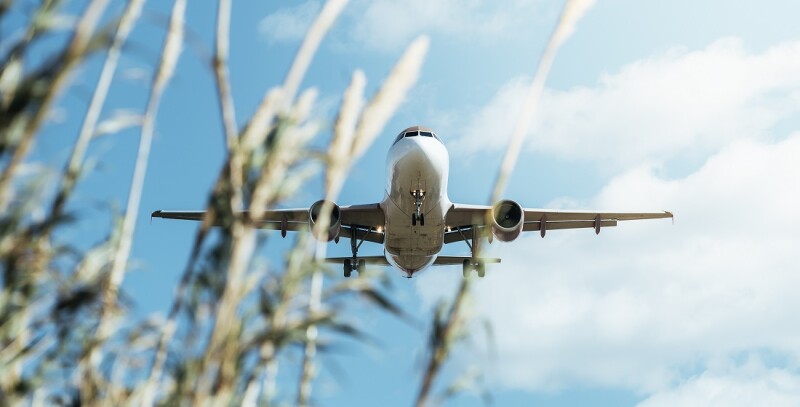Many players across the corporate world can agree on one thing: We need to decarbonize the aviation industry.
With corporate travel accounting for as much as a third of aviation emissions, businesses have a keen interest in eliminating or abating this huge piece of their carbon footprint. But they can’t do it alone.
"It needs support. It needs support from the entire ecosystem," said Jan Toschka, president of Shell Aviation. That means travelers, airlines, corporations, and fuel suppliers all need to be working together toward a sustainable future of aviation.
And right now, Shell sees that future in sustainable aviation fuel—a jet fuel alternative that’s derived from waste products, biomass, or cooking oil and offers an 80% lifecycle emissions reduction compared with conventional fuel.
Shell has partnered with Accenture and American Express Global Business Travel to launch Avelia, a platform that it hopes will bundle the sustainable fuel demand from corporate flyers into one easily trackable data set. The ultimate goal is to send a signal to fuel suppliers that it’s worth investing in sustainable aviation fuel (SAF).
"We absolutely need to boost the demand," Toschka said, in order to derisk investments in the production of SAF and the development of next-generation fuels.
Here’s how Avelia will work: The tool will give corporations the opportunity to buy SAF for their flights using a "book-and-claim" model. That means travelers can pay for the sustainable fuel and claim its benefits, even if the fuel does not end up being used on their specific flight. The promise is that an equivalent amount of fuel will be fed into another aircraft, accomplishing the same overall goal.
Right now, book-and-claim is not a widely accepted form of emissions reduction. Toschka said that a big part of the motivation behind Avelia is to prove the viability of the model and provide the data necessary to convince auditors of such. The platform will begin as a pilot, with around 1 million gallons of sustainable fuel—the equivalent of 15,000 transatlantic flights, according to Shell.
Collecting data on the viability of book-and-claim will not be a simple task. For one thing, not all sustainable aviation fuel is created equal. There are different carbon intensities, which means different levels of emissions reduction.
"The real complexity kicks in when you realize, if you roll out SAF globally, we’re talking about thousands of airports in many, many countries," Toschka said.
So, how do you track which fuels are being used where and which travelers get credit for paying for them?
"With so much data and many players involved, there is a risk that the data is not trackable, is not traceable," Toschka said.
That’s where the other piece of Avelia comes in: Blockchain technology. The platform will use blockchain—known for its ability to track assets on a digital ledger—to securely trace and manage all of this complexity.

